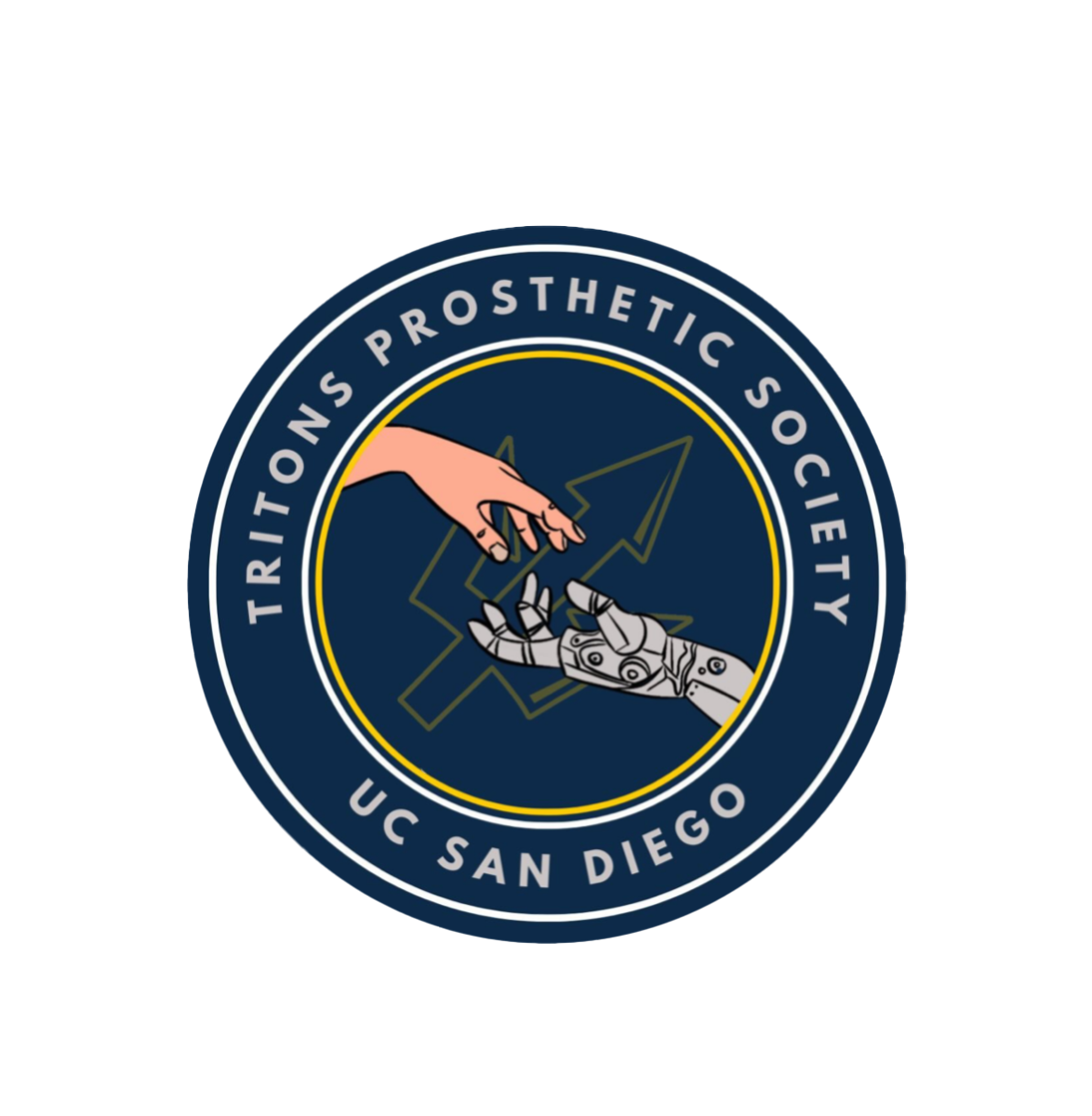Film Review: “The Half of It”
May 10, 2020
“The Half of It” is a modern-day twist of “Cyrano de Bergerac” that will break your heart into two just to mend it whole again.
In just 104 minutes, Alice Wu’s “The Half of It” achieved what no other piece of American media has ever been able to do before: it represented me. I have never related to an on-screen character more than Ellie Chu (Leah Lewis), and it was thoroughly refreshing to see a perspective on love and identity through a long-overdue queer, Asian-American lens. “The Half of It” explores complex themes of identity while simultaneously providing the viewers with an all-around enjoyable plot. This in turn makes for a viewing experience that could be interpreted heavily or taken lightly, depending on how the audience personally resonates with it. In other words, the story contains themes of race and queerness without depending on those issues as a crutch to prop up the film.
The film follows Ellie, the shy and bright protagonist who runs an underground business ghostwriting papers for other students. The rising action is kicked off when sweet-yet-inarticulate football player Paul Munsky (Daniel Diemer) asks for her help writing love letters to his crush Aster Flores (Alexxis Lemire). Although she initially hesitates to accept his strange request, she eventually agrees. Ellie, Paul, and Aster get swept up in a complicated love triangle where all three embark on a journey of self-discovery and emerge as newly-realized individuals by the film’s summation.
This story is not about romance, nor is it a standard boy-meets-girl-meets-girl narrative. In the words of Ellie herself, “this is not a love story. Or not one where anyone gets what they want.” “The Half of It” is a multilayered film that embraces love in all forms, not just romantic. It highlights platonic friendships and familial love on top of crushes and secret admirations. Ellie’s friendship with Paul is just as developed as her feelings for Aster, and both are given equal importance. Her relationship with her father and her struggles with the Asian diaspora are emphasized alongside her journey to come to terms with her sexuality. Ellie is her own person who is defined not by any man or relationship but by her own strength and individuality. It is the amalgamation of these separate elements of her life that creates a realistic and empowered character.
However, the film’s attempt to create empowered female characters is not perfect. The main inconsistency with the film lies in the development of Aster’s character. She essentially cheats on her boyfriend Trig Carson (Wolfgang Novogratz) for the entire film as she entertains her feelings for who she believes to be Paul. Although she maintains a right to be angry at Ellie and Paul when the truth is revealed, it seems hypocritical to be so unforgiving when she was potentially even more dishonest throughout the course of the entire film. Trig never confronts her, neither Ellie nor Paul seem to mind her relationship status, and she never receives a consequence for her disloyalty. When Trig proposes to her, she says yes despite the hours of conversation she and Ellie had regarding love, essentially throwing away the idea that she underwent any sort of real character development in the film. At the end of the film, she reveals her future plans and her intentions to live her life the way she deems fit, but it seems to be a direct contrast to the proposal just a few scenes prior. Aster is clearly an extremely intelligent and capable girl based off her letters and screen time, and the film doesn’t do her justice in portraying her individuality.
“The Half of It” is what its Netflix sibling “Sierra Burgess Is a Loser” wanted to be so badly. It tells a better-rendered unorthodox love story sparked through the power of words. The film’s merit is not based solely on its radical representation, but on how it was unapologetic in the telling of such a story, regardless of the diverse characters who happened to fit those roles. Ellie is one among countless other queer characters of color who are finally starting to have a media platform to tell their story. Stories like this confirm that narratives are slowly changing to include those who have been excluded for far too long. Life is a stage, regardless of your identity. Make bold strokes.
Director: Alice Wu
Starring: Leah Lewis, Enrique Murciano, Becky Ann Baker, Alexxis Lemire, Daniel Diemer, Wolfgang Novogratz
Release Date: May 1, 2020
Rated: PG-13
Grade: B+
Image courtesy of NME.com.
















